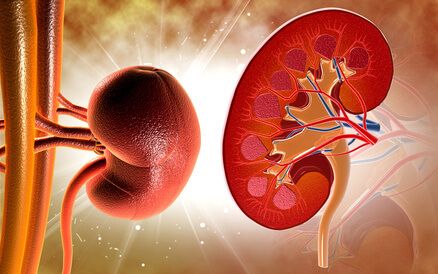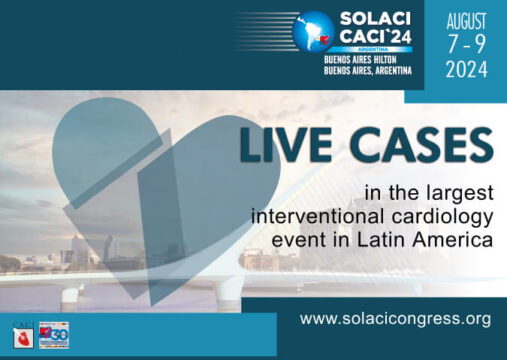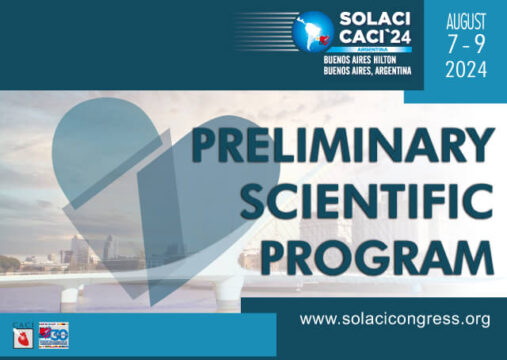Courtesy of the SBHCI.
Chronic total occlusions represent around 18% of all coronary lesions. However, they account for just 5% of all interventions, which means that many patients only receive medical treatment.

The study included 407 patients in 26 centers and 8 countries. Subjects were randomized to rechanneling plus optimal medical treatment (n = 259) vs. optimal medical treatment alone (n = 137). Patients with a successful rechanneling and those who received medical treatment were assessed through a new functional test at 12 and 36 months.
The mean occluded segment length was 31,4 ± 20,5 mm with a J-CTO score of 1,82 ± 1,07. In patients randomized to rechanneling, 81.2% underwent double artery access and the most popular stent was Biomatrix (91.1%). In the rechanneling arm, 2.9% of patients presented complications; the most common event was cardiac tamponade (1.5%).
There were no differences between groups in hard events such as death or infarction, but those who underwent rechanneling of chronic total occlusion presented a better quality of life (p = 0.005), lower frequency of angina (p = 0.008), better functional class (p = 0.001), and less physical limitations (p = 0.003).
The study was designed to recruit about 600 patients. However, due to slow recruitment, only 407 patients were enrolled, which could affect the statistic power of this work.
Conclusion
This study showed that angioplasty of an ischemic chronic total occlusion offers better results than optimal medical treatment only. In fact, it improves patient quality of life, frequency of angina, and functional class.
Courtesy of the SBHCI.
Original title: A Randomised Multicentre Trial to Evaluate the Utilisation of Revascularisation or Optimal Medical Therapy for the Treatment of Coronary CTO (EuroCTO).
Presenter: Gerald Werner.
Subscribe to our weekly newsletter
Get the latest scientific articles on interventional cardiology
We are interested in your opinion. Please, leave your comments, thoughts, questions, etc., below. They will be most welcome.






